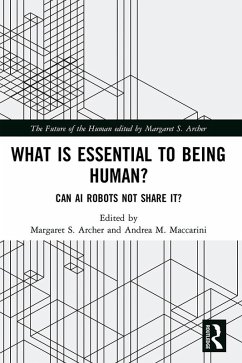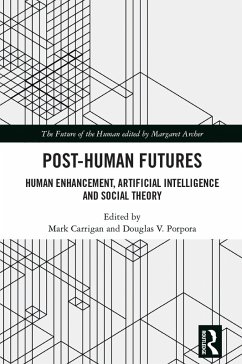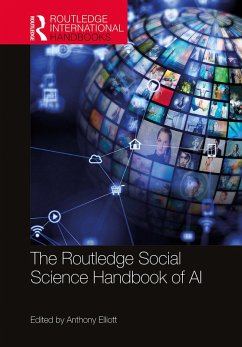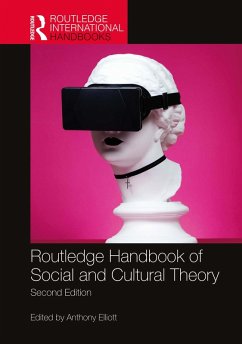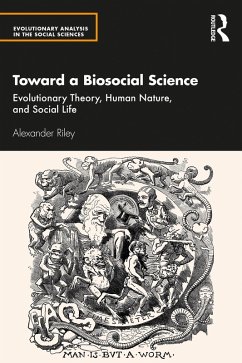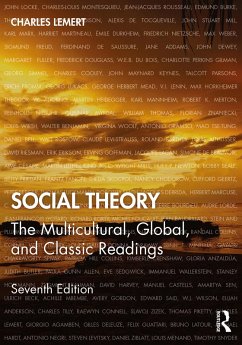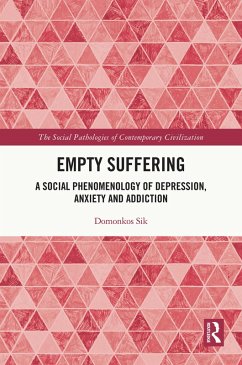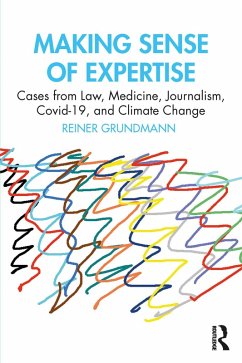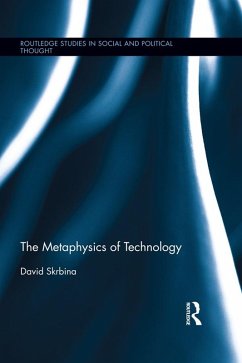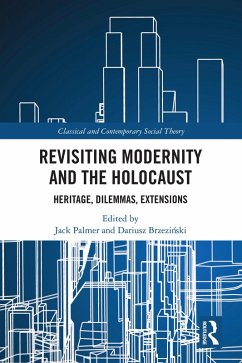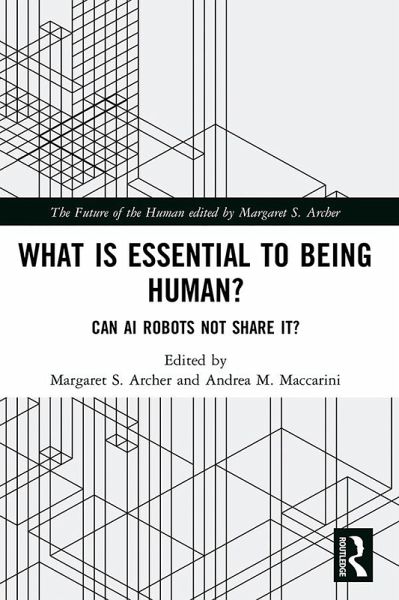
What is Essential to Being Human? (eBook, ePUB)
Can AI Robots Not Share It?
Redaktion: Archer, Margaret S.; Maccarini, Andrea M.
Versandkostenfrei!
Sofort per Download lieferbar
41,95 €
inkl. MwSt.
Weitere Ausgaben:

PAYBACK Punkte
21 °P sammeln!
This book asks whether there exists an essence exclusive to human beings despite their continuous enhancement - a nature that can serve to distinguish humans from artificially intelligent robots, now and in the foreseeable future. Considering what might qualify as such an essence, this volume demonstrates that the abstract question of 'essentialism' underpins a range of social issues that are too often considered in isolation and usually justify 'robophobia', rather than 'robophilia', in terms of morality, social relations and legal rights. Any defence of human exceptionalism requires clarity ...
This book asks whether there exists an essence exclusive to human beings despite their continuous enhancement - a nature that can serve to distinguish humans from artificially intelligent robots, now and in the foreseeable future. Considering what might qualify as such an essence, this volume demonstrates that the abstract question of 'essentialism' underpins a range of social issues that are too often considered in isolation and usually justify 'robophobia', rather than 'robophilia', in terms of morality, social relations and legal rights. Any defence of human exceptionalism requires clarity about what property(ies) ground it and an explanation of why these cannot be envisaged as being acquired (eventually) by AI robots. As such, an examination of the conceptual clarity of human essentialism and the role it plays in our thinking about dignity, citizenship, civil rights and moral worth is undertaken in this volume. What is Essential to Being Human? will appeal to scholars of social theory and philosophy with interests in human nature, ethics and artificial intelligence.
Dieser Download kann aus rechtlichen Gründen nur mit Rechnungsadresse in A, B, BG, CY, CZ, D, DK, EW, E, FIN, F, GR, HR, H, IRL, I, LT, L, LR, M, NL, PL, P, R, S, SLO, SK ausgeliefert werden.




